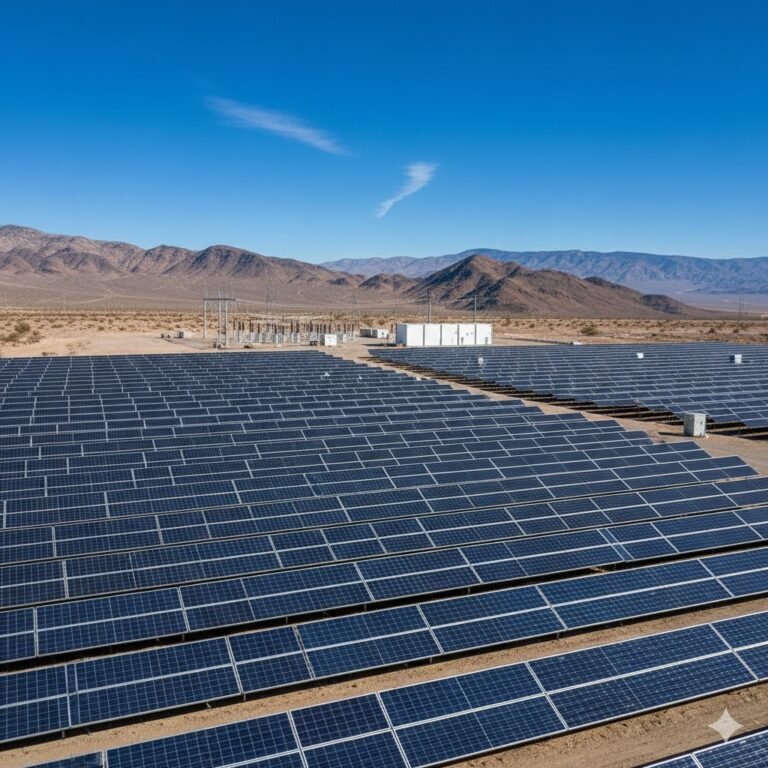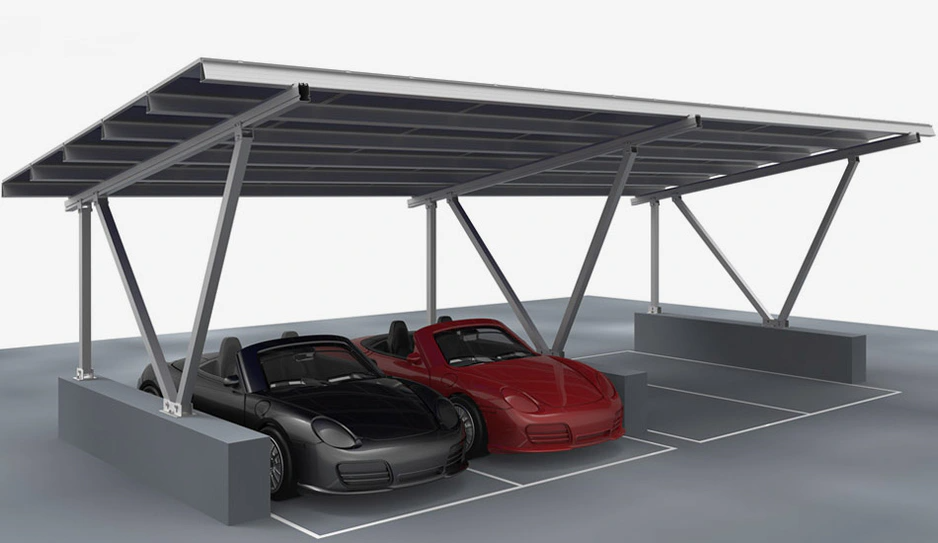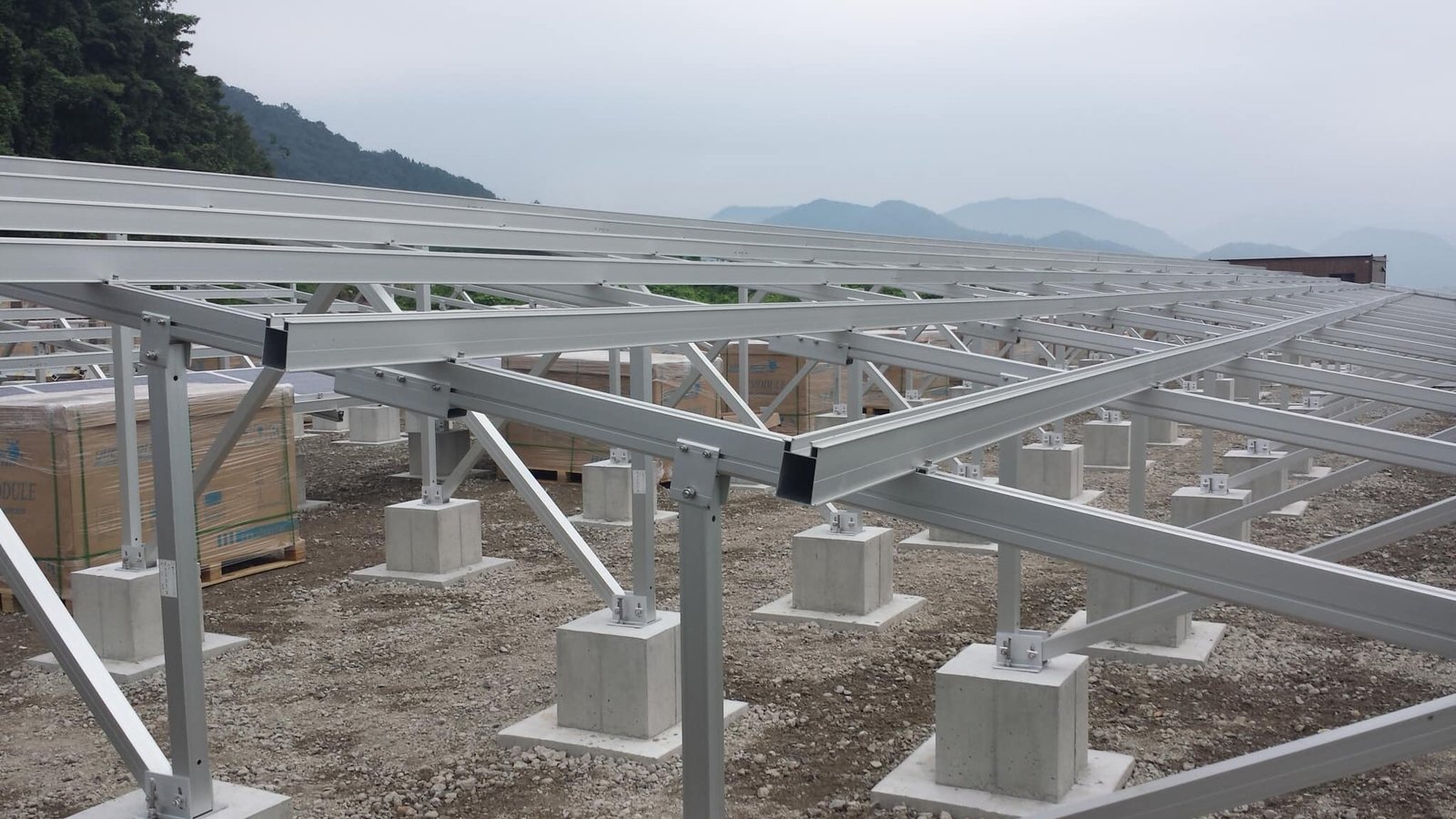-
2103 Room NO.322 Xinggang One Road,Haicang District,Xiamen Fujian,China
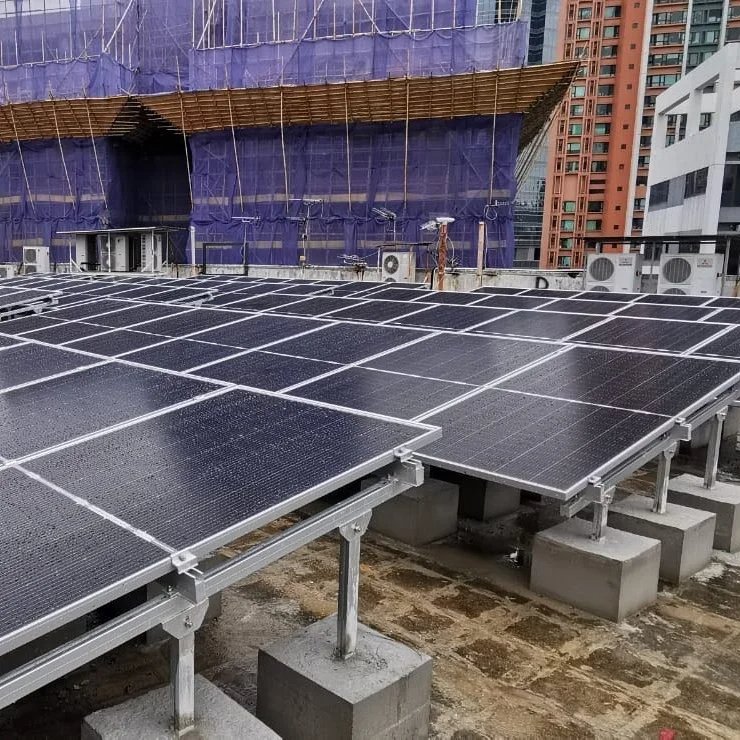
Solar PV Profitability Simulation: How to Calculate and Plan Wisely
Table of Contents
Why Solar PV Profitability Simulation Matters
Before jumping into a solar PV investment, it’s crucial to simulate the potential profitability. After all, you’ll want to know:
- Will this investment truly pay off?
- Will the savings and potential earnings justify the effort and cost?
A clear simulation helps you set realistic expectations and make smarter, more confident decisions.
Example (Japan): In Japan, profitability simulations are standard practice, especially with the 2024 residential FIT price set at 16 yen/kWh.
Three Ways to Simulate Solar PV Profitability
1. Using a Simulation Tool
The simplest way is to use a simulation tool. By inputting data like roof size and electricity use, you get detailed estimates that manual calculations can’t easily match.
Some advanced tools even use 3D modeling and weather integrations to fine-tune predictions.
Pro Tip: Kansai Electric’s “10-second Simulation” shows quick estimates just by answering three simple questions.
2. Manual Calculation
Feeling hands-on? You can simulate manually:
- Calculate expected electricity generation
- Estimate annual savings or income
Formula Example:
Electricity Generated (kWh) = Installed Capacity (kW) × Annual Solar Irradiation × Loss Factor (typically ~0.7)
Manual calculation gives you a deeper understanding of how each variable impacts the outcome.
3. Requesting a Simulation from Installers
Most solar installers will offer professional simulations based on site surveys, including:
- Roof angles and orientation
- Potential shading
- Installation constraints
Working directly with experts helps iron out surprises early.
Calculation Methods for Solar PV Profitability
Using a Simulation Tool
Typical steps:
- Select your region (solar radiation varies)
- Input installation area (roof, ground, etc.)
- Select your building’s operating days (weekdays only, or daily?)
- Review estimated CO₂ reduction and savings
Manual Calculation Method
Step 1: Estimate Electricity Generation
Example:
- Installed Capacity: 5kW
- Average Solar Irradiance: 3.9 kWh/m²/day
- Loss Factor: 0.7
Annual Generation = 5 × 3.9 × 0.7 × 365 = 4,982 kWh
Step 2: Estimate Annual Savings or Income
- For self-consumption:
Savings = Generated kWh × Electricity Rate
- For selling electricity (FIT):
Income = Sold kWh × FIT Price
Step 3: Estimate Payback Period
Payback Period = Initial Cost / (Annual Savings or Income – Annual Maintenance Costs)
Regional Differences in Solar Profitability
| Region | Average Solar Irradiance | FIT/Market Prices | Typical Payback Period |
|---|---|---|---|
| Japan | 3.8–4.6 kWh/m²/day | 16 JPY/kWh (2024 FIT) | 8–12 years |
| United States (California) | 5.5–6.5 kWh/m²/day | $0.25–$0.35/kWh | 6–9 years |
| Germany | 2.8–3.2 kWh/m²/day | €0.08–€0.12/kWh | 10–15 years |
| Australia | 5.0–6.0 kWh/m²/day | AUD 0.05–0.15/kWh | 5–8 years |
Key Things to Keep in Mind
- More sun = more savings
- Higher electricity rates = faster ROI
- Local incentives can dramatically shift the numbers
Tip: Sunbelt regions (like Australia, California) often reach profitability 2–4 years faster than places like Germany.
Important Notes for More Accurate Simulations
Real-World Factors to Watch
- Local weather variations
- Panel performance degradation (about 0.5%–1% annually)
- Unexpected repairs (inverters, racking, cables)
How to Reduce Risks
- Use quality mounting systems: like Ground Solar Mounting Systems
- Optimize placement: roofs benefit from Roof Solar Mounting Systems
- Plan for maintenance: Prevent small issues from becoming expensive ones
Need Reliable and Cost-Effective Mounting Solutions?
Explore:
Visuals
1. Solar PV Payback Period by Region 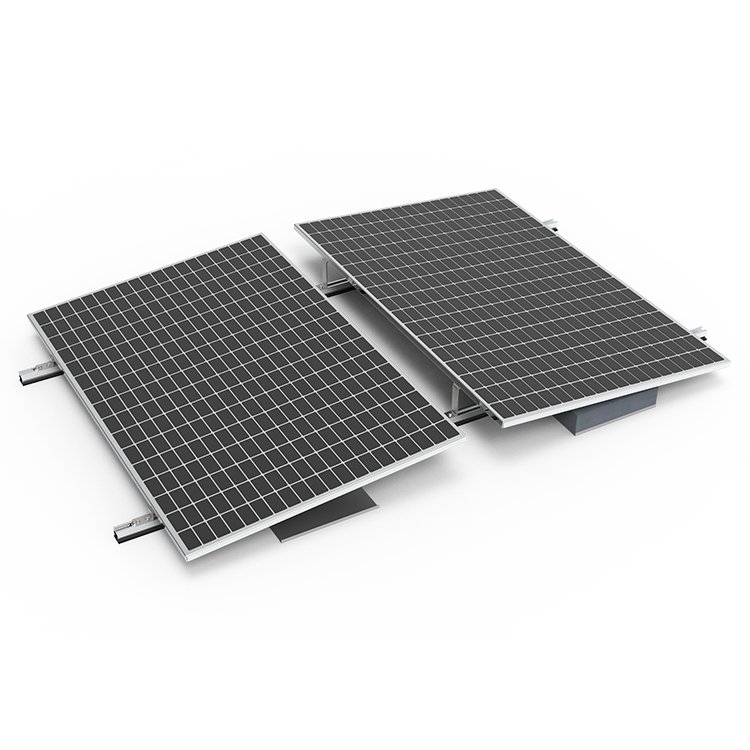
2. Sample Roof Solar Installation 
3. Solar Panels on Agricultural Land 
Final Thoughts
Simulating solar PV profitability isn’t just a “nice-to-have” — it’s essential for making informed, confident decisions. Whether you’re planning a home system or a full-scale commercial installation, customizing your assumptions to your local conditions is key.
If you’re looking for long-lasting, trusted solar mounting solutions, explore Firstsolar’s full product range today and get your project built right from the ground up!


